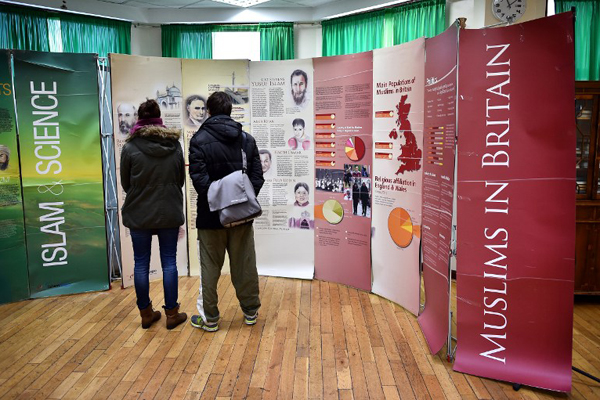A telling detail about the Manchester suicide attack is the way much of the British and US media described the perpetrator. Salman Abedi, they said, was “a British national of Libyan descent.” That seemed a strange way to sum up a British born-and-bred man. Abedi may have been of Libyan ethnicity but he drew his first breath in the north-western English city of Manchester. He appears to have spent most of his 22 years in the United Kingdom.
So why call him a “British national” rather than “British”? It was an obvious attempt to put some distance between Britain and Abedi. To disown a mass murderer as foreign and sinister and to indicate the un-Britishness of his callous actions. For Abedi should, by rights, have regarded the community of concert-goers he attacked as his own folk. His innocent victims were young Britons just like him. The majority was, like him, from northern England.
But was Abedi really and truly from northern England? Did he feel homesick when he was away from Manchester for too long?
These are troubling questions and not easily answered. The mere fact that we ask them at all of a Mancunian born-and-bred man leads to even more difficult questions. Was there something in Abedi’s cultural upbringing that alienated him from Britain? Was he a radicalised second-generation immigrant to the West or really a 1.5-er?
The 1.5 generation is a technical term generally used for individuals who immigrate to a new country before or during their early teens. It was coined by Cuban-American sociology professor Rubén Rumbaut, who arrived in the United States as a child.
Rumbaut realised that he bore the cultural markings of the country of his birth, which was not unusual considering he left Cuba at the age of 12. He examined the idea that 1.5-ers like him were different from second-generation migrants with respect to “transnational” attachments. The second generation, he thought, should feel an instinctive affinity with their country because of “birth connections.”
By that token, Abedi should have been strongly second-generation and strongly British. But was he ever? While not strictly a 1.5-er, having been born in Britain, was Abedi ever really able to be properly part of the country of his birth? Do young Muslims like him find it hard to identify with the soil on which they were born and with the people among whom they live? Are young Britons like Abedi not British enough to resist the siren calls of extremist recruiters and the lure of travelling to foreign battlefields in Syria?
This is a disturbing thought, not least because British-born descendants of ethnic minority immigrants represent an increasing share of the ethnic minority population in Britain. In 2009, 36.6% of ethnic minority individuals were British-born, the Labour Force Survey, the largest household study in the United Kingdom, said. It is dispiriting to think that these UK-born people feel no particular loyalty or love for Britain and that some of them feel so alienated they want to harm their country.
More than 850 British citizens are said to have travelled to fight for the Islamic State (ISIS) and other jihadist groups in Syria and Iraq. About half are thought to have returned. It is not known how many of the ISIS members are second-generation migrants or 1.5- ers. Chances are that a substantial proportion of the 3,000 people on the British security service MI5’s watch list of people of concern is British-born but of foreign ethnicity.
The question, of course, is why a second-generation British migrant should behave more like a 1.5-er or even like a foreigner with malign intentions?
That there is a distance between some young British Muslims and their country is undeniable. That it is largely self-imposed, needless, hurtful and, sometimes, has lethal consequences is a painful reality.
Abedi may have been an exception in the largely flourishing and well-integrated 30,000-strong British Libyan community but his real cohort may be the 7/7 bombers. Four of the five young men who killed themselves during coordinated attacks on London in July 2007 were UK-born and from the north of England.
In October, seven months before he was elected president of France, Emmanuel Macron made a speech in the southern city of Montpellier, which is home to sizeable communities of ethnic Algerians and Moroccans. He said he hoped for a time when “French people of the Muslim faith (will be) always more proud of being French than of being Muslim…”
That is a reasonable expectation. The fact that it needs to be articulated should be a matter of urgent concern to Muslim migrants everywhere.


